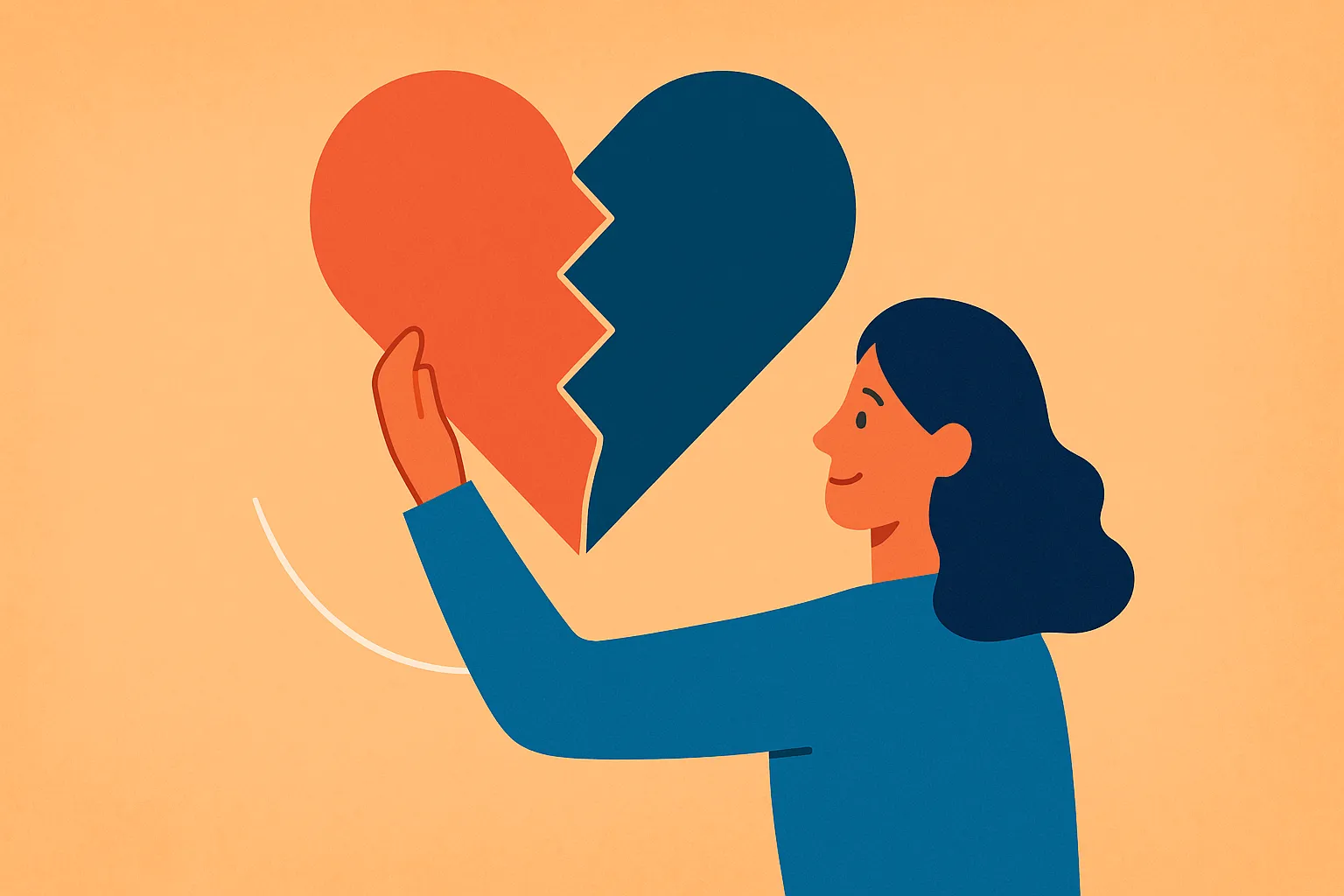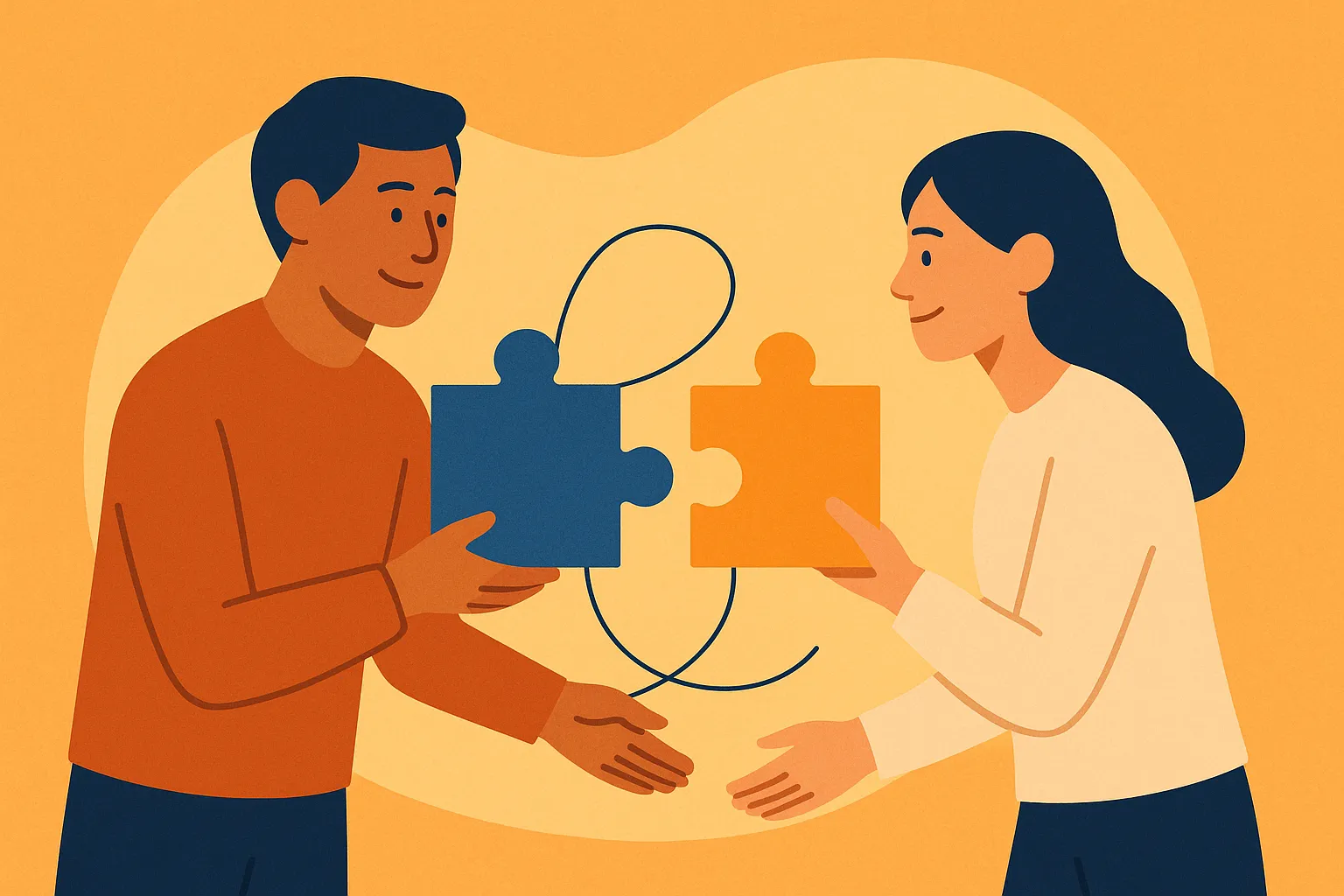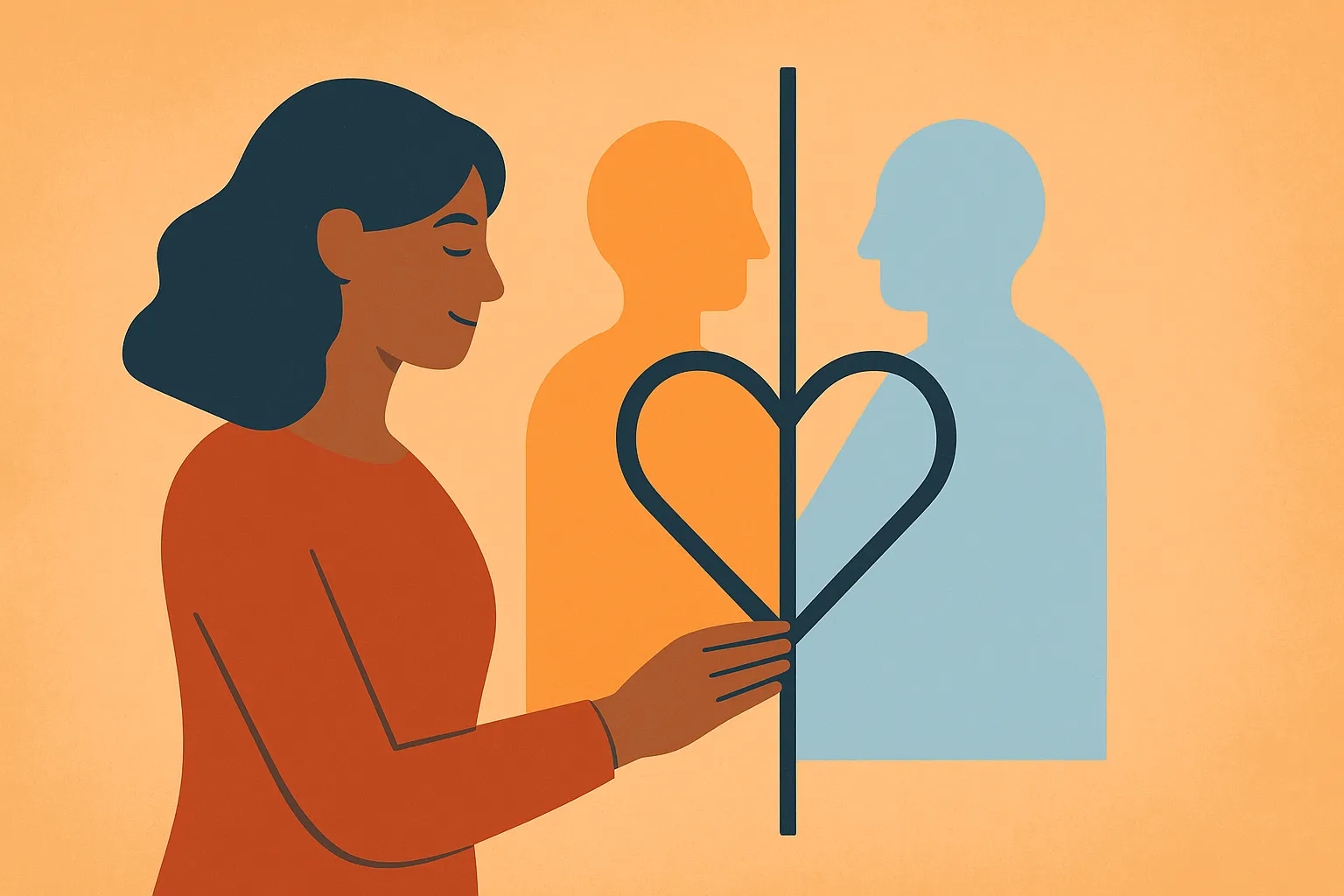
The lowest point wasn't the breakup itself—it was three weeks later when I found myself parked outside their gym at 6 PM, waiting to "accidentally" run into them.
I'd spent the afternoon crafting the perfect casual encounter in my head. I'd casually mention how well I was doing, maybe laugh about something funny that happened at work, show her I was thriving without her. Instead, when she walked out and spotted my car, she didn't even approach. She just gave me this look—not angry, not sad, just... tired. Like I was a problem they didn't have the energy to solve anymore.
That drive home was the longest twenty minutes of my life. I sat in my driveway afterwards, staring at my phone, realizing I'd been checking their location on Find My Friends for weeks. When had I become this person? When had I started treating my ex like a missing person case I needed to solve?
The wake-up call hit me hard: I wasn't processing the breakup—I was becoming obsessed with it. Every strategy I thought was helping me "stay connected" or "keep hope alive" was actually turning me into someone I didn't recognize. Someone who lurked instead of lived.
What I discovered in the months that followed completely changed how I understand heartbreak recovery. Real healing isn't about maintaining hope for reconciliation or proving you're fine—it's about learning to be okay with uncertainty while rebuilding your sense of self.
Why Your "Staying Connected" Strategy Is Actually Keeping You Stuck
After a breakup, there's this overwhelming urge to stay somehow connected. You tell yourself you're just checking to see if they're okay, or that looking at their stories helps you process what happened.
But here's what neuroscience reveals: every time you peek at their life, you're essentially feeding an addiction. Your brain formed neural pathways around this person's presence, and each glimpse of their world prevents those pathways from naturally dissolving.
The counterintuitive truth about healing isn't managing the pain—it's accepting that real recovery requires complete information detox. Your brain can't rewire itself while you're still feeding it the same neural patterns that created the attachment in the first place.
It's Not Too Late to Start Over
If this sounds familiar, if you're reading this and realizing you've been sabotaging your own healing, don't panic. The beautiful thing about neuroplasticity is that your brain can start rewiring at any point—but only when you give it the right conditions.
The most important step isn't looking back at what you've done wrong—it's understanding exactly what needs to happen next.
The 4-Phase Recovery Framework That Actually Works
Phase 1: Stop Making It Worse (Weeks 1-2)
Before you can heal, you have to stop picking at the wound.
🛠️ This means implementing what I call "radical disconnection":
- Delete their number from your phone
- Unfollow them on all social media platforms
- Ask mutual friends not to update you about their life
- Remove photos from your phone and camera roll
- Put away physical reminders like gifts or shared items
⚠️What most people get wrong: They think they can handle "just checking" their ex's Instagram or staying friends right away. This is like trying to quit smoking while keeping cigarettes in your pocket.
I know this feels extreme. You might think, "But what if they're trying to reach out?" Here's the truth: if someone genuinely wants you back, they'll find a way to contact you that doesn't require you to monitor their every digital move.
🤔 Wondering if there's still hope and you're giving up too soon? Need help deciding when radical disconnection is necessary vs. when to leave the door open? Click here to get an AI advisor to help you out!
Phase 2: Feel Everything (Weeks 2-6)
Now comes the part everyone wants to skip: actually grieving.
Set aside 20-30 minutes each day to feel everything fully. Cry if you need to. Write angry letters you'll never send. Listen to sad songs. This isn't wallowing—it's processing.
The key is containment. Give yourself permission to fall apart during this designated time, then consciously shift back to your daily activities. Think of it as "scheduled heartbreak."
💭 What to focus on during your grief sessions:
- Journal about what you've lost—not just the person, but the future you imagined
- Let yourself feel angry about the unfairness of it all
- Acknowledge the relief you might feel mixed in with the sadness
- Notice physical sensations without trying to fix them
What most people get wrong is they either avoid the pain completely or let it consume their entire day. Both approaches backfire.
Personal insight: I used to think crying was a sign I wasn't "making progress." But tears aren't setbacks—they're your heart's way of releasing what it can't hold anymore.
Phase 3: Rebuild Your Identity (Weeks 4-12)
This is where the real work begins: remembering who you are outside of that relationship.
Start by asking yourself: "What parts of me did I lose or compromise when I was with them?" Maybe you stopped seeing certain friends, gave up hobbies, or changed your communication style to avoid conflict.
🌱 Ways to reconnect with yourself:
- Reconnect with friends you haven't seen in months
- Try something you wanted to do but they weren't interested in
- Revisit goals you put on the back burner
- Notice what you actually prefer when you don't have to consider someone else's opinion
The goal isn't to become a completely different person—it's to remember the full version of yourself that existed before you began shrinking to fit into that relationship.
Phase 4: Write a New Story (Weeks 8+)
The final phase involves reframing your breakup from "something that happened to you" into "something that taught you."
This doesn't mean pretending you're grateful for the pain or that "everything happens for a reason." It means extracting genuine wisdom from the experience.
📝 Key questions to explore:
- What would you do differently if you could start over?
- What red flags did you ignore that you'll pay attention to next time?
- How did this relationship change you for the better?
- What will you never compromise on again?
Write yourself a letter from the perspective of who you'll be a year from now. What would that future version of you want current you to know?
You'll know you've successfully completed this stage when you can think about your ex and the relationship with curiosity instead of urgency. Not indifference—that's not the goal. But the ability to reflect on the experience without it hijacking your entire emotional state.
When Doubt Creeps In (And It Will)
"But what if I never find someone like them again?"
This fear is so common it should be printed on breakup sympathy cards. The truth is, you probably won't find someone exactly like them—and that's actually good news.
You don't want to replicate a relationship that ended. You want to find something better suited to who you're becoming.
"What if they're already with someone new?"
Seeing your ex move on quickly feels like proof that what you shared didn't matter. But people process loss differently. Some people jump into new relationships to avoid feeling pain. Others take time to heal properly. Neither approach says anything about the value of what you had together.
The goal isn't to never think about your ex again—it's to think about them without it derailing your entire day.
Your Next Steps Forward
Real recovery from a breakup isn't about speed—it's about depth.
You're not trying to forget this person existed or pretend the relationship didn't matter. You're learning to carry the experience in a way that adds to your story rather than defines it entirely.
The framework I've shared works because it honors both your need to grieve and your need to grow. But here's what I can tell you: if you commit to this process—really commit, not just read about it—you will get through this. And you'll be stronger and wiser because of it.


